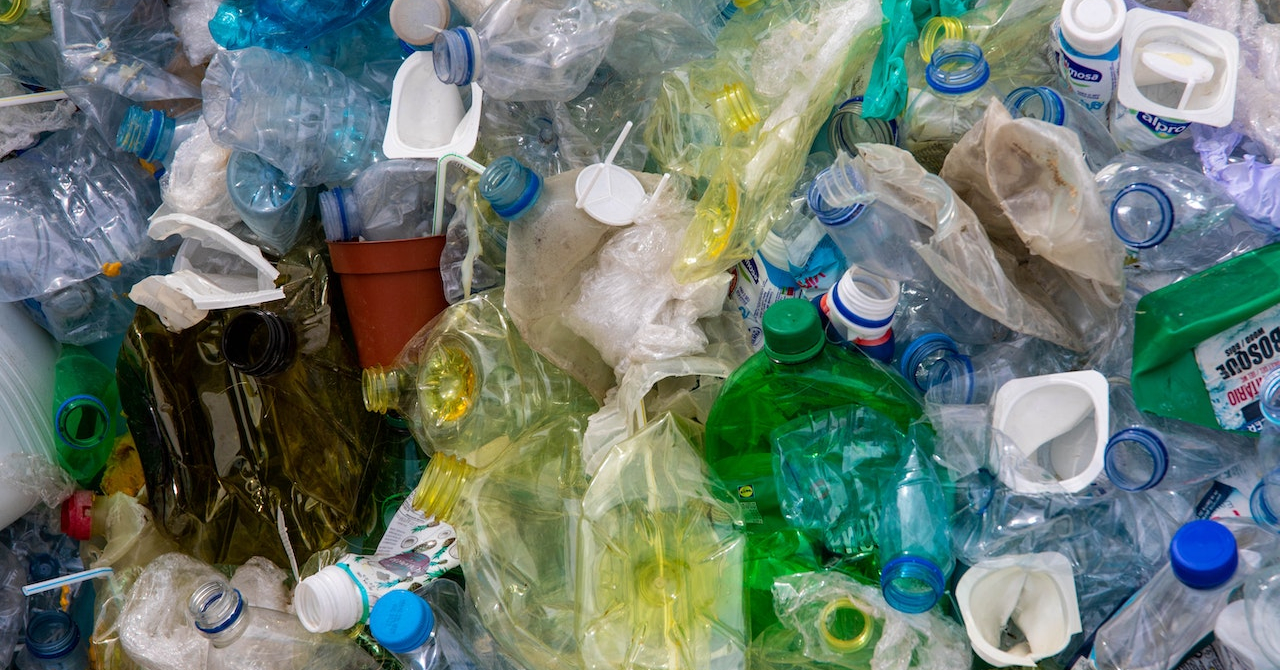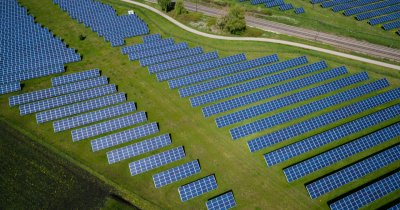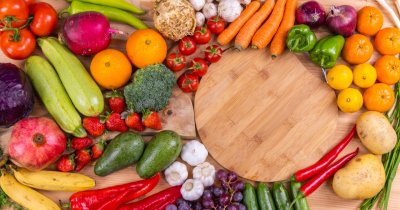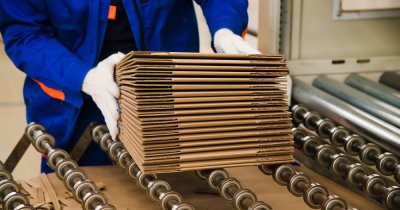According to New Scientist, Gregg Beckham's team at National Renewable Energy Laboratory in Colorado came up with a two-steps process that makes use of readily available catalysts and a modified bacteria found in the soil to process some of the most common plastic waste found in landfills.
Some of the plastics that scientists were able to process were polystyrene and PET, which they were able to turn into biodegradable compounds that are used in biomedical applications.
The team that worked on the project hopes to be able to make products that work on a wider-range of industries and also to process more types of plastics.
"The cool thing about synthetic biology, metabolic engineering and this idea of biological funnelling… is that as long as the organism can eat or consume the oxygenated intermediates, then potentially one could make anything", Beckham added.
Mike Shaver at the University of Manchester, said that "the idea that you can catalytically pretreat those polymers to get a diverse set of feedstocks that are then brought together into something that is more economically viable is really important."
 Mihai - Cristian Ioniță
Mihai - Cristian Ioniță












Any thoughts?